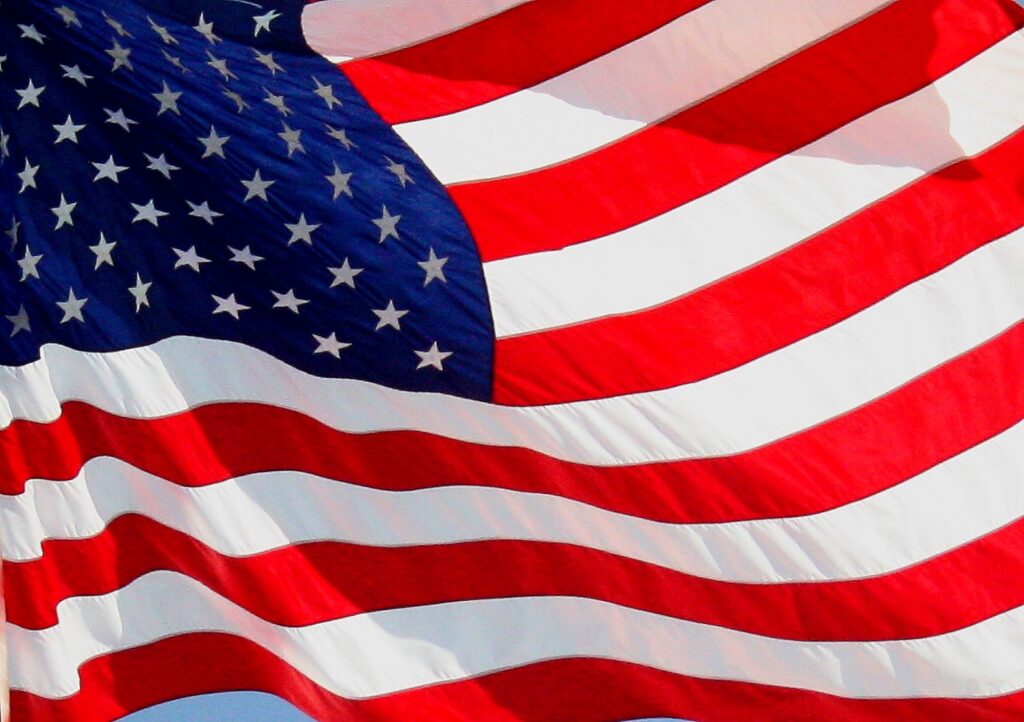
The landscape of American political commentary is often fraught with sharp rhetoric and deeply entrenched divisions, yet certain moments manage to push the boundaries of public discourse into truly uncharted territory. Such a moment recently unfolded, igniting a national conversation about media responsibility, the limits of free speech, and the increasingly volatile nature of partisan exchanges. At its center stands former ESPN and MSNBC host Keith Olbermann, whose incendiary remarks following the assassination of conservative activist Charlie Kirk have precipitated an immense and multifaceted backlash.
This controversy did not emerge in a vacuum, but rather as a confluence of events involving late-night television, major broadcast networks, regulatory bodies, and the raw emotions surrounding a tragic death. The ensuing firestorm has illuminated the deep ideological rifts that permeate our society, with reactions ranging from outrage and condemnation to defenses rooted in free speech principles. It underscores how quickly personal opinions, especially from public figures, can morph into national flashpoints, demanding scrutiny and accountability from all corners of the media ecosystem.
As we navigate this intricate web of statements, retractions, corporate decisions, and public outcry, it becomes clear that this incident is more than just a fleeting news cycle. It serves as a potent case study in the dynamics of modern media, where traditional journalistic standards intersect with the unbridled nature of social media, and where the lines between commentary and outright hostility are constantly being redrawn. This article will delve into the critical elements that shaped the initial phase of this controversy, examining the provocative statements, the corporate responses, the regulatory interventions, and the immediate societal reactions that have set the stage for this ongoing national debate.
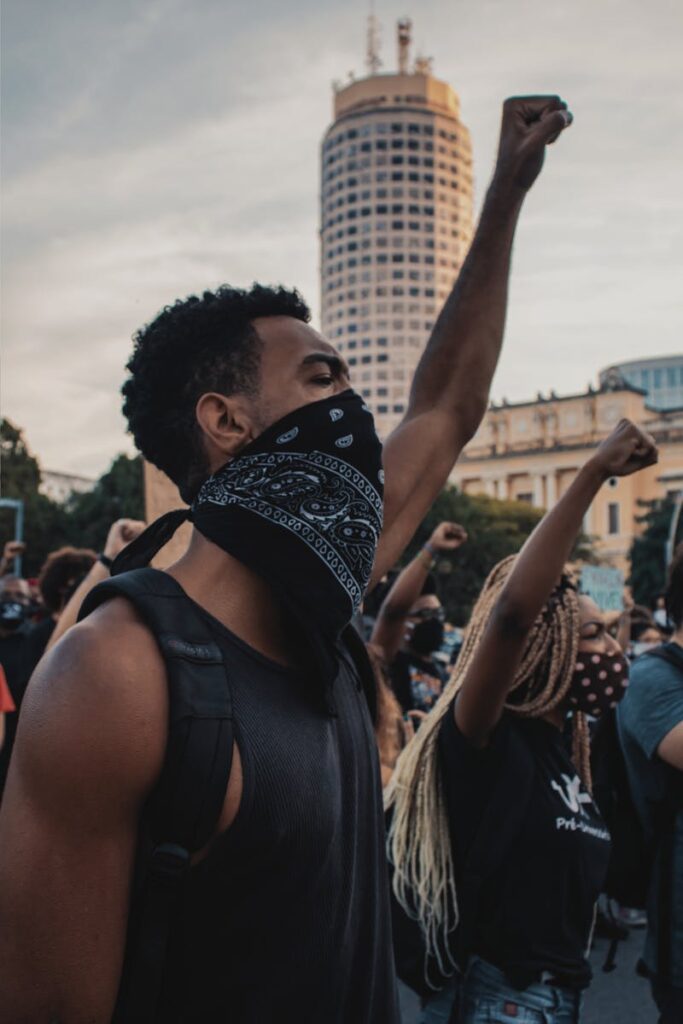
1. **The Provocation: Olbermann’s Initial “Burn in Hell” Tweet**The spark that ignited this sprawling controversy was a direct and undeniably provocative statement from Keith Olbermann. Reacting to a statement from Sinclair Broadcast Group, Olbermann took to X (formerly Twitter) on September 18 to express his fury. His message was succinct but devastating: “Burn in hell, Sinclair. Alongside Charlie Kirk.”
This tweet was not a nuanced critique or a measured political analysis; it was a raw outburst of anger, targeting both a major media conglomerate and a recently deceased conservative figure. The specific context for Olbermann’s ire was Sinclair’s earlier call for ABC to air a remembrance for Kirk in lieu of Jimmy Kimmel’s show, after the conservative influencer had been shot and killed just days prior. Sinclair had also stated that Kimmel’s suspension from his ABC late-night show was “not enough,” signaling a demand for further action.
Olbermann’s post immediately drew widespread condemnation. Social media users swiftly slammed the former MSNBC talking head, interpreting his words as a cruel and insensitive attack on a man who had only recently been murdered. The vitriolic nature of the tweet, particularly its inclusion of Kirk, transformed a corporate media dispute into a personal attack of profound insensitivity, especially given the ongoing mourning for Kirk and his upcoming funeral.
The choice of words, “Burn in hell,” conveyed an intensity of animosity that shocked many, transcending the typical political sparring seen on social media. It positioned Olbermann not merely as a critic, but as someone expressing a wish for eternal damnation upon a deceased individual and a broadcasting group. This initial salvo set an unmistakably hostile tone for the unfolding narrative, instantly polarizing public opinion and drawing a line in the sand for those observing the incident.
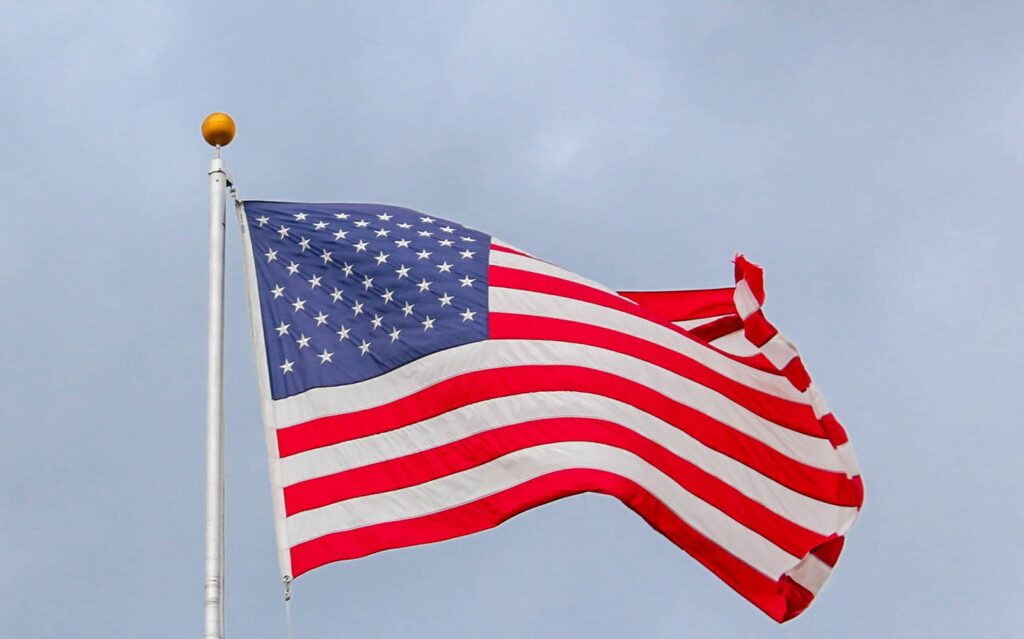
2. **Sinclair’s Stance and Demands**Sinclair Broadcast Group, a major owner of television stations across the country, played a pivotal role in escalating the situation and eliciting Olbermann’s fiery response. Their statement regarding Jimmy Kimmel’s suspension was clear and unequivocal, articulating a position that went beyond merely pulling the show off the air. Sinclair deemed Kimmel’s removal from the airwaves “not enough” and demanded “additional action.”
The company’s statement, issued by vice chairman Jason Smith, condemned Kimmel’s remarks as “inappropriate and deeply insensitive at a critical moment for our country.” Sinclair further elaborated on their belief that “broadcasters have a responsibility to educate and elevate respectful, constructive dialogue in our communities.” This foundational principle underpinned their subsequent demands, setting a high bar for ABC and Kimmel.
Sinclair’s specific demands were comprehensive and pointed. They insisted that Kimmel issue a direct apology to the Kirk family, a move seen as crucial for addressing the perceived disrespect shown in his monologue. Furthermore, Sinclair called for Kimmel to make a “meaningful personal donation” to both the Kirk family and Turning Point USA, the political organization founded by Charlie Kirk, aiming for a tangible demonstration of remorse and support.
Crucially, Sinclair also demanded that “formal discussions take place with ABC to assure professionalism and accountability” at the network. This implied a broader concern about editorial standards and the influence of national networks over local broadcasters, a point also echoed by FCC Chairman Brendan Carr. The group made it clear they would not return “Jimmy Kimmel Live!” to their air until these conditions were met, and they even planned to air a tribute special for Charlie Kirk in Kimmel’s time slot on Friday, further cementing their stance.

3. **Jimmy Kimmel’s Controversial Monologue**The events that triggered Sinclair’s strong reaction, and subsequently Olbermann’s tweet, originated from Jimmy Kimmel’s monologue on his ABC late-night show. On Monday, Kimmel delivered remarks that ignited a controversy regarding the assassination of Charlie Kirk and the subsequent political fallout. His comments focused on what he perceived as efforts by conservatives to distance themselves from the accused murderer, Tyler Robinson, while simultaneously exploiting Kirk’s death for political gain.
Kimmel’s central accusation was directed at the “MAGA gang,” whom he accused of reaching “new lows” over the weekend. He asserted that this group was “desperately trying to characterize this kid who murdered Charlie Kirk as anything other than one of them and doing everything they can to score political points from it.” This statement was a direct challenge to the conservative narrative surrounding the shooter’s motivations and affiliations.
The comedian’s remarks were deeply problematic because they appeared to misrepresent or ignore information that had already begun to circulate regarding the suspect, Tyler Robinson. Just one day prior to Kimmel’s monologue, both FBI officials and Utah Gov. Spencer Cox had stated that Robinson held a “leftist ideology” and had become increasingly radicalized in recent years. This factual discrepancy laid the groundwork for the intense criticism Kimmel would soon face.
By framing the issue as conservatives trying to distance themselves from a killer they claimed as their own, Kimmel’s monologue inadvertently played into a narrative that contradicted official reports. His comments were perceived as not only insensitive given Kirk’s recent death but also factually inaccurate, especially as prosecutors reaffirmed Robinson’s left-wing ties in Tuesday’s indictment. This misstep proved to be the catalyst for the corporate and regulatory actions that followed, creating a domino effect that impacted both Kimmel and those who defended him.
Read more about: Jiggy With It? Jimmy Kimmel’s Razor-Sharp Oscars Return After the Slap Heard ‘Round the World

4. **The Unfolding Narrative of Tyler Robinson**Central to the heated debate ignited by Jimmy Kimmel’s comments was the identity and ideological leanings of Tyler Robinson, the 22-year-old suspect accused of murdering Charlie Kirk. Kimmel’s monologue had insinuated that conservatives were attempting to disavow Robinson as “one of them,” implying a right-wing affiliation. However, information rapidly emerged that contradicted this narrative, becoming a crucial point of contention.
One day before Kimmel’s Monday monologue, both FBI officials and Utah Governor Spencer Cox had publicly stated that Robinson held a “leftist ideology” and had been increasingly radicalized in recent years. This critical detail, largely overlooked or dismissed in Kimmel’s initial commentary, became a cornerstone of the conservative pushback against the late-night host. The disconnect between Kimmel’s portrayal and official statements fueled accusations of journalistic irresponsibility.
Further complicating the narrative was the revelation concerning Robinson’s personal life. It was disclosed that he had a romantic relationship with a transgender partner who was biologically male and transitioning to female. While the immediate relevance of this detail to the murder itself was subject to debate, it was highlighted by those seeking to underscore Robinson’s departure from traditional conservative demographics, particularly in light of Kimmel’s attempts to frame the issue as purely a “MAGA gang” problem.
Olbermann himself later attempted to interpret these details, albeit in a highly controversial manner. In a subsequent social media post, he denied the reported politics of Robinson, claiming the motivation was “personal” because Robinson “saw Kirk as a direct threat to somebody he loved,” referencing his relationship with a trans partner. This interpretation, however, did little to quell the outrage, instead drawing further criticism for what many saw as an attempt to rewrite the confirmed ideological leanings of the suspect and connect them with Donald Trump and “violent madness.”
Read more about: Arnold Schwarzenegger’s Urgent Warning: Navigating America’s Democracy Cliff After Charlie Kirk’s Assassination

5. **Nexstar’s Preemptive Action**In the immediate aftermath of Jimmy Kimmel’s controversial remarks, another major broadcasting entity, Nexstar Media Group, swiftly announced its decision to preempt “Jimmy Kimmel Live!” from its ABC affiliates. Nexstar, which owns hundreds of television stations across the country, declared that it would replace Kimmel’s show with other programming “for the foreseeable future” starting Wednesday night. This move signaled a significant and coordinated response from major local broadcasters.
Nexstar’s action was a clear indication that Kimmel’s comments were not merely being dismissed as late-night humor but were being treated as a serious breach of broadcast standards. The preemption across Nexstar’s numerous ABC affiliate stations had a substantial impact, effectively pulling the show from a significant portion of its national audience. This corporate decision underscored the perceived severity of Kimmel’s monologue and the immediate pressure placed upon ABC and its affiliates.
The network affiliate group explicitly stated that it “strongly objects” to Kimmel’s comments. This strong language from Nexstar, a key partner for ABC in delivering content to local markets, highlighted a growing tension between national network programming and local station autonomy. Their decision to replace the show with alternative programming was not a mere scheduling adjustment but a principled stand against what they deemed inappropriate content, reflecting a broader sentiment among some broadcasters.
For Kimmel, the preemption by Nexstar, alongside Sinclair’s more extensive demands, represented a significant professional setback and a public reprimand. It demonstrated the power of affiliate groups to enforce their own standards and to hold national networks accountable for the content they distribute. The collective action of these major station owners sent a clear message that such remarks, particularly in the context of a national tragedy, would not be tolerated without consequence.
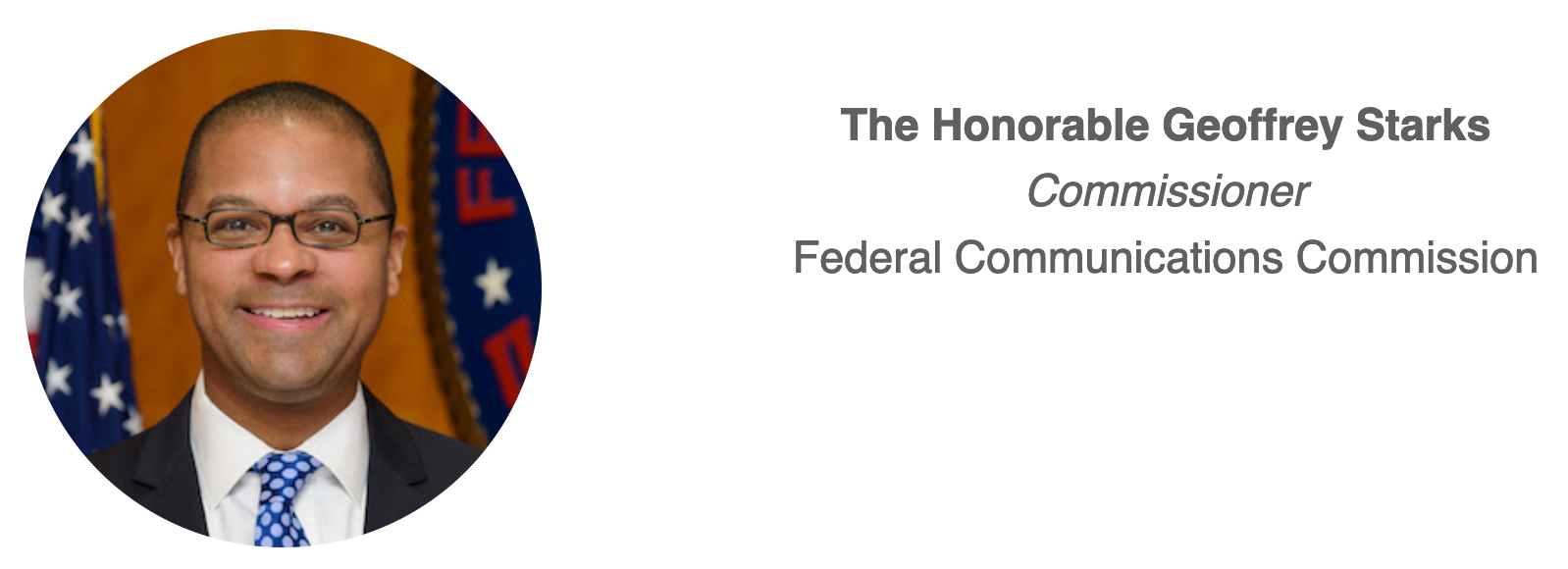
6. **FCC Chairman Brendan Carr’s Intervention**Adding a powerful regulatory voice to the chorus of criticism against Jimmy Kimmel’s remarks was Federal Communications Commission Chairman Brendan Carr. Carr publicly condemned Kimmel’s comments and signaled that federal oversight might be brought to bear on the situation. His intervention elevated the controversy from a media dispute to a matter of potential regulatory concern, significantly increasing the pressure on ABC.
Earlier on Wednesday, Carr told conservative podcaster Benny Johnson that he was “considering an investigation into Kimmel and his network ABC for his claims.” He described Kimmel’s conduct as “some of the sickest conduct possible,” indicating a strong personal disapproval alongside his official capacity. This statement highlighted the potential for the FCC to act, though Carr also noted the need for caution as the FCC could be called upon to “be a judge on some of these claims.”
Following the news of Kimmel’s cancelation from several affiliate stations, Carr doubled down on his stance, telling Fox News’ Sean Hannity that Kimmel was simply “suffering the consequences” of his actions. He accused networks of “subsidizing late night talk shows” and asserted that the FCC expects them “to broadly serve the public interests.” This framing underscored the regulatory expectation that broadcasters adhere to certain standards of public service, particularly given their use of public airwaves.
Carr further praised Nexstar for “doing the right thing” in pulling Kimmel’s show, reiterating that broadcasters have an “obligation to serve the public interest” and urging them to “reconsider programming that conflicts with community values.” His remarks provided significant validation for the actions taken by Sinclair and Nexstar, reinforcing the idea that Kimmel’s monologue had indeed crossed a line and that broadcasters were justified in their response, potentially setting a precedent for future programming decisions.
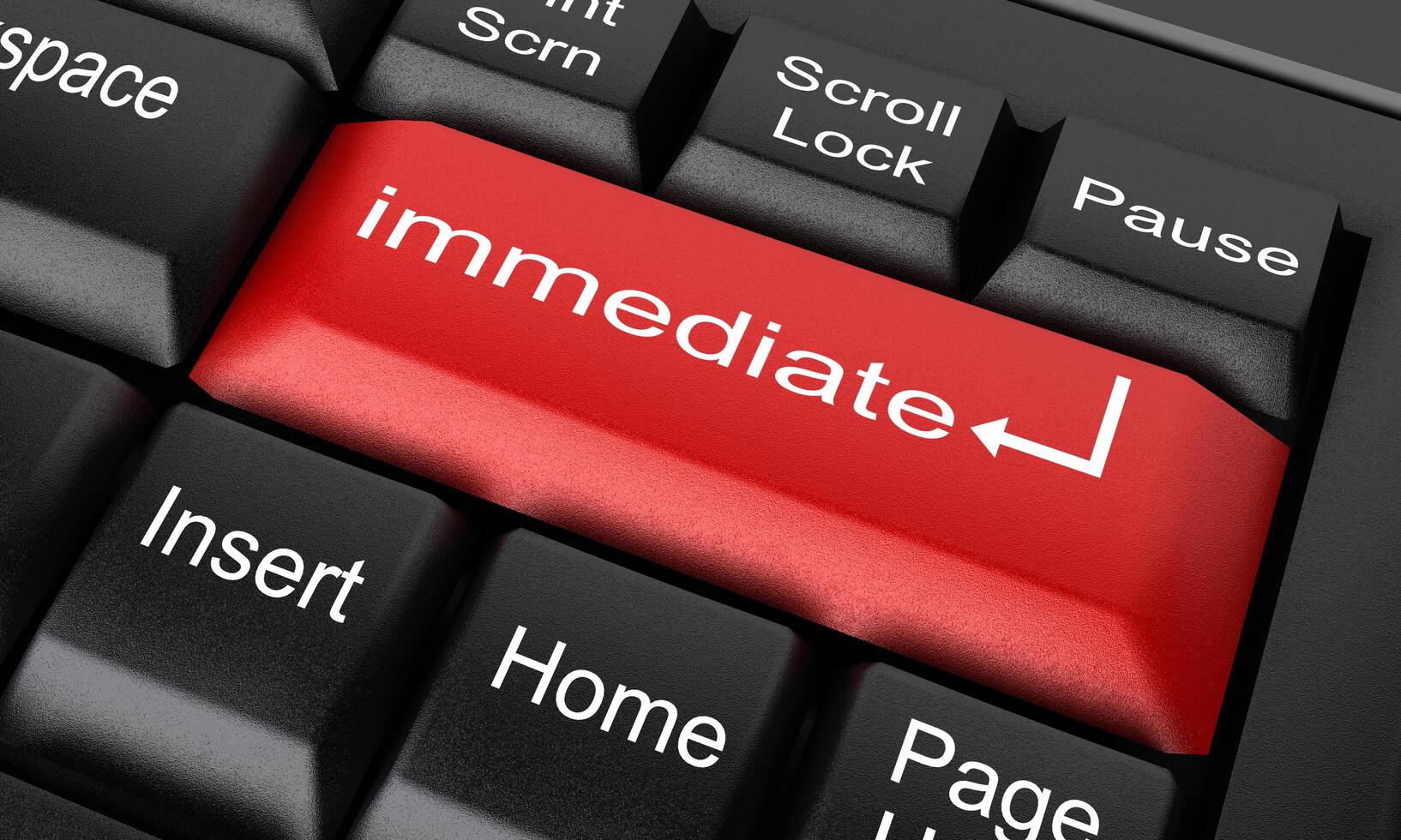
7. **Immediate Social Media Firestorm Against Olbermann**Keith Olbermann’s “Burn in hell” tweet was an immediate catalyst for a massive wave of social media condemnation, illustrating the raw and rapid nature of online backlash. Users across X wasted no time in slamming his post, which many perceived as a deeply insensitive and cruel attack on a deceased individual. The visceral reactions poured in, painting a picture of widespread outrage.
One prominent conservative commentator, T. Becket Adams, responded by sarcastically stating, “I was going to call your employer to complain, but then I remembered who you are.” This jab alluded to Olbermann’s past firings and current status as a podcast host, implying his lack of a stable, high-profile platform. The comment, shared widely, highlighted the perception that Olbermann had become a marginalized figure.
Another user, Stephen L. Miller, provocatively questioned, “Are you good with this employee saying things like this @Applebees?” This tweet, targeting a company with which Olbermann might have a commercial affiliation (though not explicitly stated in the context as his employer), illustrated the tactic of attempting to pressure sponsors or associated entities. It reflected a desire to hold Olbermann accountable beyond just public shaming.
The outrage escalated with direct personal attacks. Nicole Silverio simply labeled him “You are vile scum,” encapsulating the disgust felt by many. Joey Jones used a vivid, if crude, analogy, comparing Olbermann’s tweet to “dog s*** on your shoe,” implying a persistent, unpleasant stain on public discourse. Andrew Doyle characterized Olbermann’s remarks as “a fine example, if any were needed, of how the woke ideology can destroy an individual’s capacity for basic human compassion,” framing the incident within a broader ideological critique.
Perhaps one of the most stinging criticisms came from Matt Walsh, who painted a bleak picture of Olbermann’s personal and professional life. Walsh wrote, “Keith, you are already living in Hell. Old, unemployed, irrelevant. Fired from every job you ever had. Unmarried and childless. Spending your final years alone, s***posting into the void, begging to be noticed. When you die you will leave behind no legacy and there will be nobody…” This deeply personal attack underscored the intensity of the anger directed at Olbermann, reflecting a desire to dismantle his public persona entirely. The collective social media response was a brutal and immediate reckoning, signaling the profound offense Olbermann’s words had caused.
Read more about: Bill Maher’s Trump Dinner Sparks Media Firestorm: Inside the Controversial Encounter and Reactions
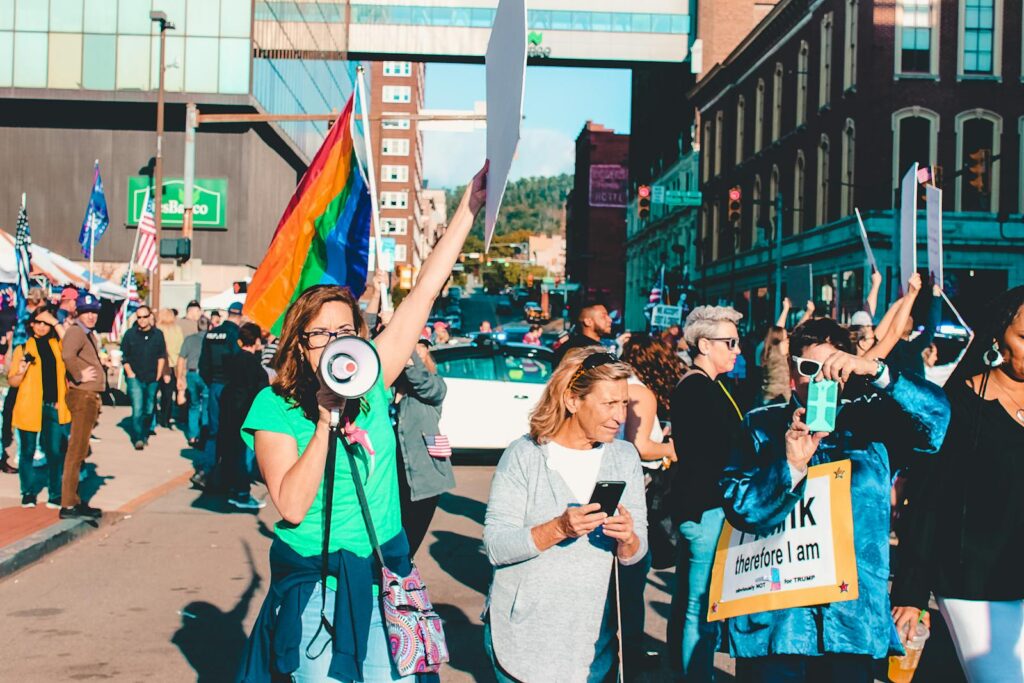
8. **Olbermann’s Continued Defiance and Narrative Control**Keith Olbermann, far from retracting his initial inflammatory remarks, chose instead to double down, engaging in further controversial commentary that sought to control the narrative surrounding Jimmy Kimmel’s suspension and Charlie Kirk’s assassination. He asserted unequivocally on social media that “Nothing Jimmy Kimmel said was untrue,” a direct validation of Kimmel’s contentious monologue which had accused conservatives of misrepresenting the shooter’s ideology. This statement positioned Olbermann as a staunch defender of Kimmel, despite the factual inaccuracies that had already been confirmed by law enforcement and government officials regarding Tyler Robinson’s political leanings.
Olbermann further complicated his position by attempting to reinterpret the motivations behind Charlie Kirk’s murder, specifically concerning Tyler Robinson. In a subsequent social media post, he explicitly denied the reported politics of Robinson, contradicting official statements that described the suspect as having a “leftist ideology” and being increasingly radicalized. Instead, Olbermann asserted that the motivation was “personal,” alleging that Robinson “saw Kirk as a direct threat to somebody he loved,” a reference to Robinson’s relationship with a transgender partner.
This interpretation, however, drew even more intense scrutiny and widespread criticism. Many observers saw it as a deliberate attempt to rewrite the confirmed ideological affiliations of the suspect, shifting the focus away from Robinson’s documented left-wing ties. Moreover, Olbermann used this reinterpretation to connect the incident with broader political narratives, attributing the “violent madness” to Donald Trump and modern-day politics, further polarizing the discussion and cementing his defiant stance in the face of mounting public outrage.
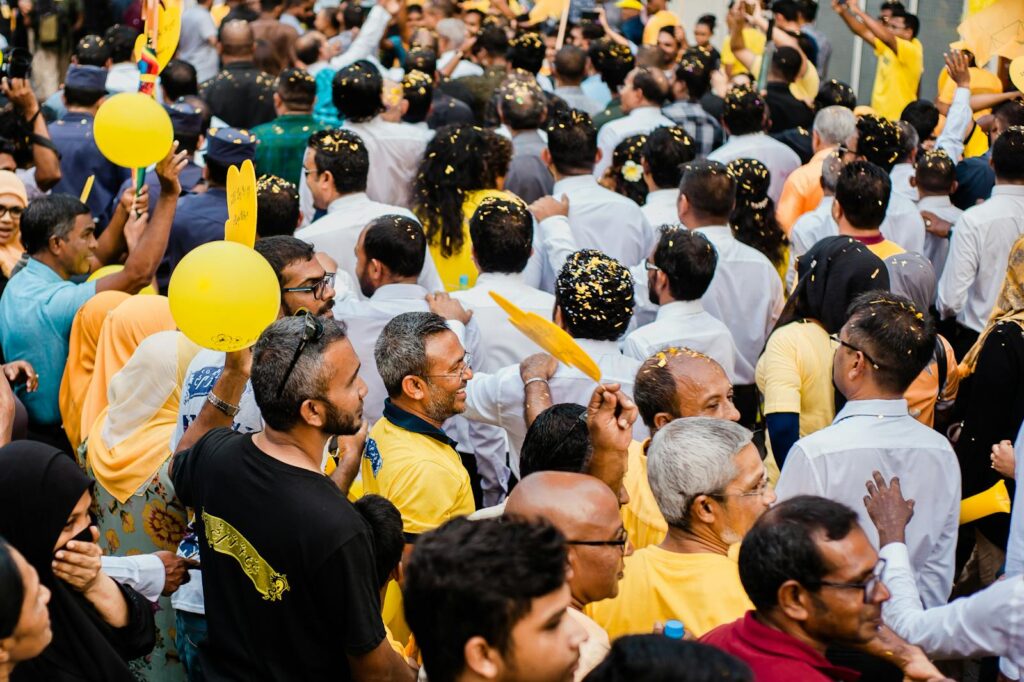
9. **Olbermann’s Blame on Trump and Attacks on Disney/ABC**Expanding beyond his defense of Kimmel and reinterpretation of Robinson’s motives, Keith Olbermann launched direct and vehement attacks against ABC and its parent company, Disney, accusing them of political capitulation. In a strongly worded social media post, he declared, “DISNEY, BOB IGER, ABC PROSTITUTE THEMSELVES FOR TRUMP.” This accusation framed the networks’ decision to suspend Kimmel as a craven act of submission to conservative pressure, rather than a response to legitimate concerns about broadcast standards or factual accuracy.
Olbermann’s narrative posited that Kimmel’s removal was a consequence of his “truth telling about Charlie Kirk’s hate speech” and the “MAGA exploitation of his death.” This suggested that ABC and Disney were stifling free speech and journalistic integrity in favor of political expediency. Such claims intensified the scrutiny on the corporate giants, placing them squarely in the crosshairs of the escalating media battle, as Olbermann painted them as compromising their principles under pressure.
Further deepening his controversial commentary, Olbermann also made a direct and provocative claim regarding Charlie Kirk’s death, blaming it squarely on the prevailing political climate. On his podcast, he reportedly stated, “Charlie Kirk died because he lived in Donald Trump’s America.” This assertion was a stark and deeply polarizing interpretation of a tragic event, suggesting a direct link between the former president’s political era and Kirk’s assassination, thereby transforming a personal tragedy into a highly charged political indictment.

10. **Disney and ABC’s Navigating the Crisis**Amidst the swirling controversy, ABC and its parent company, Disney, found themselves in an unenviable position, caught between regulatory pressure, affiliate demands, and the polarized reactions of public figures like Keith Olbermann. Following the preemption of “Jimmy Kimmel Live!” by major affiliate groups like Sinclair and Nexstar, ABC officially confirmed that the show was “pre-empted indefinitely,” a significant and public admission of the gravity of the situation. This decision reflected the immense pressure exerted by broadcasters who demanded accountability.
Reports circulated that “Disney bosses” desired Jimmy Kimmel to “de-escalate” the situation before his show could be reinstated on air. This indicated an internal corporate strategy focused on damage control and a reduction of rhetorical intensity from its high-profile talent. The network’s move to suspend Kimmel was not an isolated incident, but rather a reflection of a broader pattern, with the context noting that “Jimmy Kimmel’s suspension [was] just [the] latest example of Disney yanking celebrities off the air” in other instances of controversy.
The network, however, remained guarded in its public statements regarding the specifics of Kimmel’s return. As of the latest reports, ABC had “not yet detailed what, if any, editorial changes or stipulations will be required for its return.” This ambiguity left many questions unanswered, particularly for Kimmel’s team, who had not issued a public response to Sinclair’s explicit demands for an apology and donations. The silence from Kimmel’s camp, coupled with ABC’s indefinite suspension, underscored the precariousness of the situation and the intricate balance the network sought to strike.

11. **Left-Leaning Figures Rally to Kimmel’s Defense**The swift and decisive actions taken against Jimmy Kimmel by network affiliates and the FCC chairman did not go unchallenged, sparking a robust defense from various left-leaning figures and advocacy groups. Many prominent “left-wing leaning celebrities” swiftly “leapt to Kimmel’s defense,” publicly criticizing ABC’s decision to indefinitely suspend his show. This immediate outpouring of support highlighted a perceived injustice and a concern that comedic commentary was being unfairly targeted by conservative backlash.
Beyond celebrity endorsements, the controversy also drew significant criticism from political figures and professional organizations. “Democratic lawmakers” and acclaimed actor “Ben Stiller” were noted among those who “also criticized ABC,” adding a layer of political and cultural weight to the defense of Kimmel. Their collective opposition suggested a widespread belief among those on the left that the network’s actions were disproportionate and potentially politically motivated.
Furthermore, organized labor and creative guilds voiced strong condemnations of the suspension, framing it as a dangerous precedent for artistic and journalistic freedom. “The Writers Guild of America, SAG-AFTRA, other unions, and figures on the left” collectively “described the suspension as unprecedented.” This unified front warned against what they perceived as censorship and undue pressure on creative content, raising serious concerns about the implications for free speech and independent commentary within the entertainment industry.

12. **The Thorny Debate: Free Speech vs. Personal Attacks**The entire saga, from Kimmel’s monologue to Olbermann’s fiery tweets and the corporate and regulatory responses, has inevitably “sparked a broader conversation about free speech and personal attacks in public discourse.” This incident, rather than being an isolated event, serves as a potent microcosm of the ongoing tensions that define contemporary American political debate, pushing the boundaries of what is considered acceptable commentary in the public sphere. The intense reactions from all sides reveal a deep societal division on the very principles that govern expression.
At the heart of this controversy lies a fundamental clash of interpretations regarding the limits of expression. “Some argue that Olbermann was merely exercising his right to express his opinions,” invoking the constitutional protections afforded to free speech as a blanket defense for even the most provocative remarks. This viewpoint champions the idea of unbridled expression, even if it is offensive or controversial, as a cornerstone of democratic dialogue, resisting any attempts to curtail it.
Conversely, “others contend that his remarks crossed a line and contributed to a toxic political environment,” arguing that certain forms of speech, particularly personal attacks on deceased individuals or baseless accusations, transcend legitimate commentary. This perspective emphasizes the responsibility that comes with public platforms, suggesting that speech can indeed inflict harm and degrade the quality of public discourse. It raises crucial questions about where the line should be drawn between robust debate and outright hostility, highlighting that “this debate reflects the ongoing tensions between liberals and conservatives in America today.”
13. **Profound Implications for the Future of Public Discourse**The Olbermann-Kimmel-Kirk controversy extends far beyond the immediate players, carrying “profound implications” for the very fabric of national dialogue and “the future of public discourse in America.” This incident has starkly illuminated “the challenges faced in maintaining respectful dialogue in political discussions,” particularly in an era dominated by instantaneous digital communication and deeply entrenched partisan divides. It underscores the difficulty of fostering constructive engagement when rhetoric can so quickly escalate into vitriol.
The controversy also serves as a potent reminder that “the line between free speech and personal attacks can often become blurred, leading to heated debates and discussions.” In the digital age, where opinions are disseminated rapidly and widely, the nuance of expression is often lost, and the potential for misinterpretation or deliberate provocation is amplified. This blurring necessitates a collective reconsideration of ethical communication standards for public figures and media outlets alike, especially when dealing with sensitive topics such like the assassination of a public figure.
As the situation continues to unfold, “it remains uncertain whether Olbermann will face any consequences for his comments” beyond the immediate social media backlash. The lack of a clear, unified response from employers or regulatory bodies, beyond the FCC Chairman’s initial remarks, highlights a vacuum in accountability mechanisms for media personalities operating in less traditional formats. This ambiguity could set a troubling precedent, suggesting that incendiary rhetoric, even when widely condemned, may not always carry tangible professional repercussions.
Ultimately, the firestorm ignited by Olbermann’s comments and the ensuing reactions represents more than just a fleeting news cycle. “It has ignited passionate discussions across social media platforms, highlighting the divisions that exist in contemporary political discourse.” This incident not only reflects “the ongoing tensions between different political ideologies” but also compels a deeper interrogation into the very nature of free speech, the responsibilities of public figures, and the critical need for a more respectful, fact-based debate in America’s increasingly fractured public square.
Read more about: Beyond the Bling: 10 Celebrities Who Married Into Mega-Wealth and Sparked ‘Gold Digger’ Rumors
As the dust settles on this intense skirmish of words and principles, the true legacy of the Olbermann-Kimmel-Kirk controversy may not be found in its immediate headlines, but in the echoes it leaves within the very foundations of American discourse. It stands as a stark mirror reflecting our collective struggles to reconcile freedom of expression with the imperative for decency, particularly in moments of national tragedy and profound disagreement. The paths forward for media, for public figures, and for citizens engaging in the democratic exchange, now seem more complex than ever, requiring not just vigilance, but a renewed commitment to the very dialogue we sometimes seem intent on dismantling.




